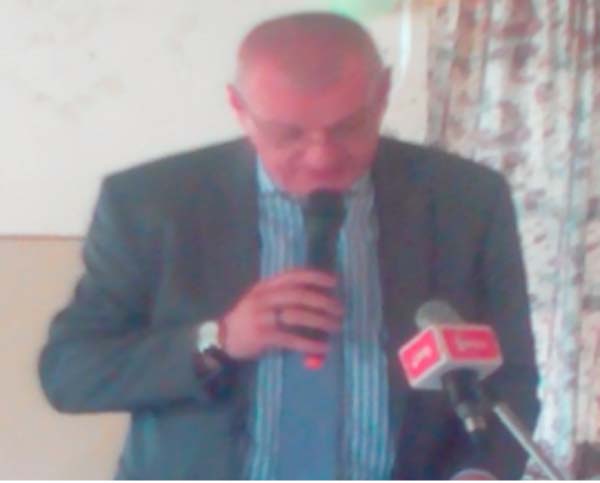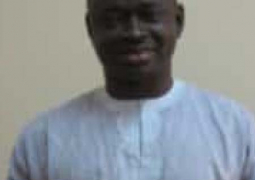
Attila
Lajos, European Union Ambassador to The Gambia, on Friday said since The Gambia
has decided the EU has also decided and the decision is to help the country.
“The
Gambia has decided and I can add that the EU has decided too,” he said. “The more democracy, the more support.”
The
EU diplomat made this statement at the graduation ceremony of the EU-Actionaid
co-funded project on ‘Promoting women’s socioeconomic rights in CRR’ held at
the Bakoteh Community Centre.
The
graduation of the project, funded to the tune of D26 million (D19 million from
EU, D7 million from Actionaid), was marked by presentation of certificates and
land documents to the women beneficiaries.
Ambassador
Lajos said: “The visit of EU commissioner was a clear signal of the EU’s
readiness to provide immediate financial and technical support to the
democratic process in The Gambia and its dividend for the population in terms
of good governance, respect for human rights and the rule of law.
“The
project was one of three projects funded by the EU and implemented by different
NGOs. As you may all recalled, the call for proposals was for 4 million euros
out of which 369,449 euros were allocated to this actions specify by Actionaid.
“The
project was initially scheduled for two years and was recently expanded for
another period of six months to allow all partners to conclude relevant
activities such as this training we are witnessing today.
“The
project is in its completion face and there is ample evidence that significant
numbers or desired outputs are indeed achieved.
My statement is also qualified by the recent result oriented mission
conducted by independent experts. Based on those facts and what I have seen so
far I congratulate our partners for a job well done.
“However
crucial issues remain to be effectively addressed in order not to hamper the efforts
to achieve or share development objectives including the SDG’s. Indeed,
domestic violence, FGM, early marriage and other harmful traditional practices
are a problem despite being banned especially in the rural areas. Economic
dependency is another issue that the EU together with its partners is highly
committed to address with activities such as this training.
“As
you all know, the EU is very committed to gender equality which is key for
sustainable development. Gender equality has been identified as one of the five
essential principles of the EU’s cooperation statute. Equal opportunities and
access to resources for both men and women are essential to alleviate poverty
and to achieve all sustainable development goals. Women play a critical role in
addressing the main challenges that humanity faces today such as health,
education, livelihood, as well as human rights.
“In
The Gambia as in other countries in the world, gender inequality and poverty
are closely related. Besides lacking financial resources, women have unequal
access to other basic goods and services namely employment, information, social
services, health care, education, and access to infrastructure, natural
resources and other basic human rights. These rights are guaranteed by various
international and local legislate.”


